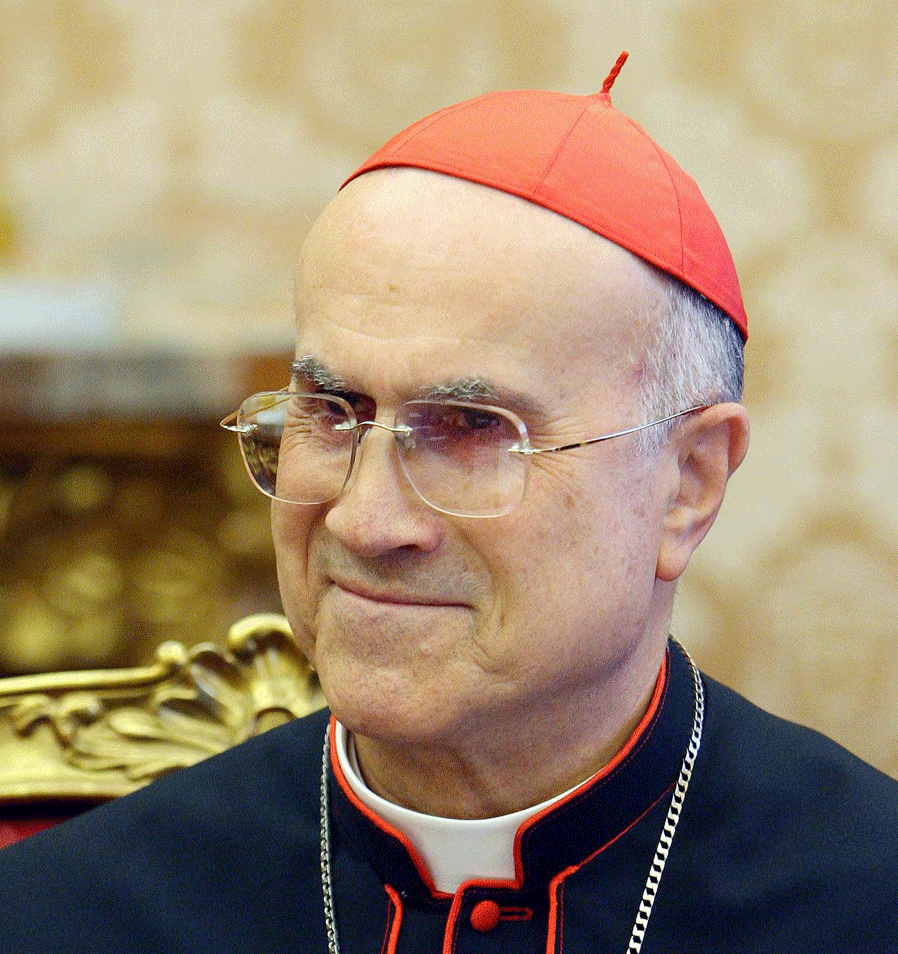“The political calling is a calling to the common good and the salvation of society. A good that cannot but be cast into the future. Young people are not, then, mere onlookers, they are the protagonists of politics, which cannot either look to the past or be flattened on to the present”. It was recalled this afternoon by card. Tarcisio Bertone, Vatican Secretary of State, as he spoke in Riccione at the yearly gathering of the politicians’ coordination “Rete Italia”. In today’s society, the cardinal pointed out, “being involved with young people and politics risks looking like an exercise of style” and “one cannot blame the feeling of disappointment for the ‘twisted logic’ that politics may show, which has to do with the fragility of a human condition which is damaged, even if not irreversibly, by the original sin”. It is a “big are involved in the future things since the very present” and “can find a sound support in the Gospel and in the social doctrine of the Church”.
In the face of the challenges of the world, the cardinal pointed out, “the Church does not offer one single or universal solution” but it is up to “Christians, as individuals and as a community, to distinguish reality and value the principles, criteria and guidelines that are offered by the social doctrine of the Church to direct their conduct in different spheres”. In this respect, “the social doctrine is not like a handbook of ready-made solutions” but “it offers a model of political action and education that is expressed in the three moments of seeing, judging and acting”. Therefore, the new generation of Christian politicians is called “to translate the social doctrine of the Church into effective choices, to act as mediators of reality”, according to the example of the “Codice di Camaldoli”. In the social doctrine of the Church, explained card. Bertone, the first permanent principle is the “dignity of the human person” and “every political issue is therefore related to man”, with a special focus “on the new problem of bioethics which concerns human life”; the second principle, instead, is solidarity, “which does not push justice into the background, but actually provides it with a horizon, without which even justice paradoxically turns into an instrument of evil”.
The third principle of the social doctrine of the Church, added the cardinal, concerns subsidiarity and implies a “challenge for the new generation of Christian politicians”, who are called to “change from the bottom, from the local areas, and therefore from the local communities, which are called to contribute to the common good of the national community and ultimately of the international community”; finally, the fourth principle is that of the common good, because everyone “is called to pursue what unites instead of what divides”. According to the Vatican Secretary of State, “through the lens of charity, the micro-relations, such as friends and family, and the macro-relations, such as the State and the international community, turn out to be connected and interdependent”. Therefore, for Catholics, “the call to virtue becomes an imperative that is associated with their mission in history, that is, the mission of steering society towards higher values”. Steering clear of “the delusion of immediate success” which is typical of Machiavellianism, concluded card. Bertone, “politics is called to reckon with man’s fragility and even to learn from the mistakes of the past and present, but it must never stop cultivating the responsibilities of the future, which must be steered towards virtue”.





